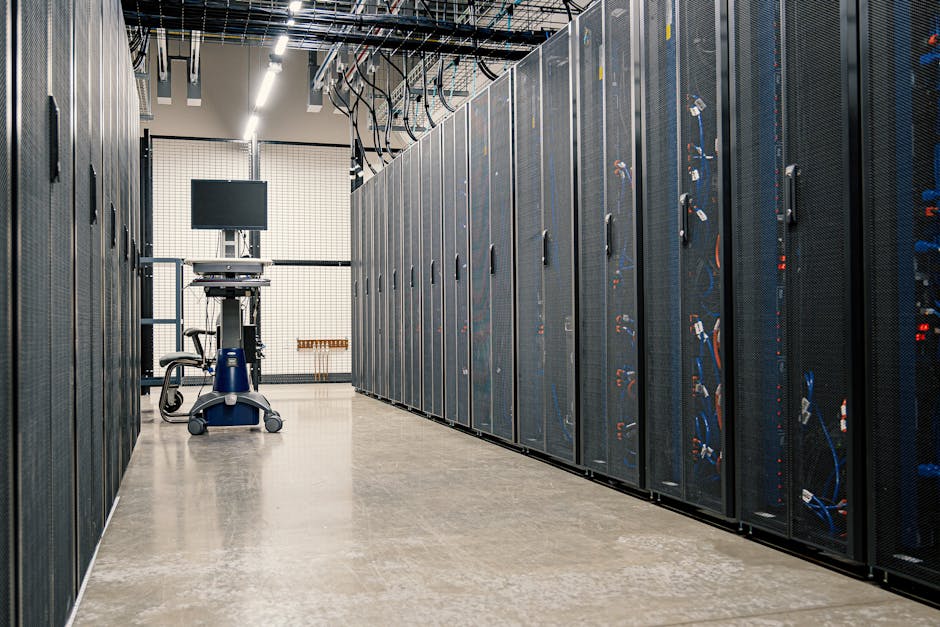
Starlink: The Revolutionary Satellite Internet Constellation
Starlink is a satellite internet constellation developed by SpaceX, aiming to provide high-speed, low-latency internet connectivity worldwide. With the goal of bridging the digital divide and providing internet access to remote and underserved areas, Starlink has been making waves in the telecommunications industry.
Introduction to Starlink
Starlink was first announced by Elon Musk, the CEO of SpaceX, in 2015. The project aims to launch a constellation of low-Earth orbit (LEO) satellites that will provide internet connectivity to users around the world. The satellites will be launched in phases, with the first batch of 60 satellites launched in May 2019. Since then, numerous launches have taken place, with over 3,000 satellites currently in orbit.
How Starlink Works
Starlink uses a network of LEO satellites to provide internet connectivity. The satellites are equipped with Hall effect thrusters, which allow them to maintain their position and altitude in orbit. The satellites communicate with each other and with ground stations using laser links, providing a high-speed and low-latency connection. Users can access the internet using a small, pizza-sized satellite dish, which communicates with the nearest Starlink satellite.
Benefits of Starlink
Starlink has several benefits that make it an attractive option for internet users. One of the main advantages is its ability to provide high-speed internet connectivity to remote and underserved areas. Traditional internet service providers often struggle to provide coverage to these areas due to the high cost of deploying infrastructure. Starlink, on the other hand, can provide coverage to these areas at a lower cost, making it a more viable option.
Challenges Facing Starlink
Despite its potential, Starlink faces several challenges. One of the main concerns is the issue of space debris. With thousands of satellites in orbit, there is a risk of collisions and the creation of more space debris. This could have serious consequences for the environment and other satellites in orbit. Another challenge facing Starlink is the issue of regulatory approval. The company needs to obtain approval from regulatory bodies in each country where it operates, which can be a complex and time-consuming process.
Conclusion
In conclusion, Starlink is a revolutionary satellite internet constellation that has the potential to provide high-speed, low-latency internet connectivity to users around the world. While it faces several challenges, the benefits of Starlink make it an attractive option for internet users. As the project continues to develop and expand, it will be interesting to see how it impacts the telecommunications industry and the world at large.




